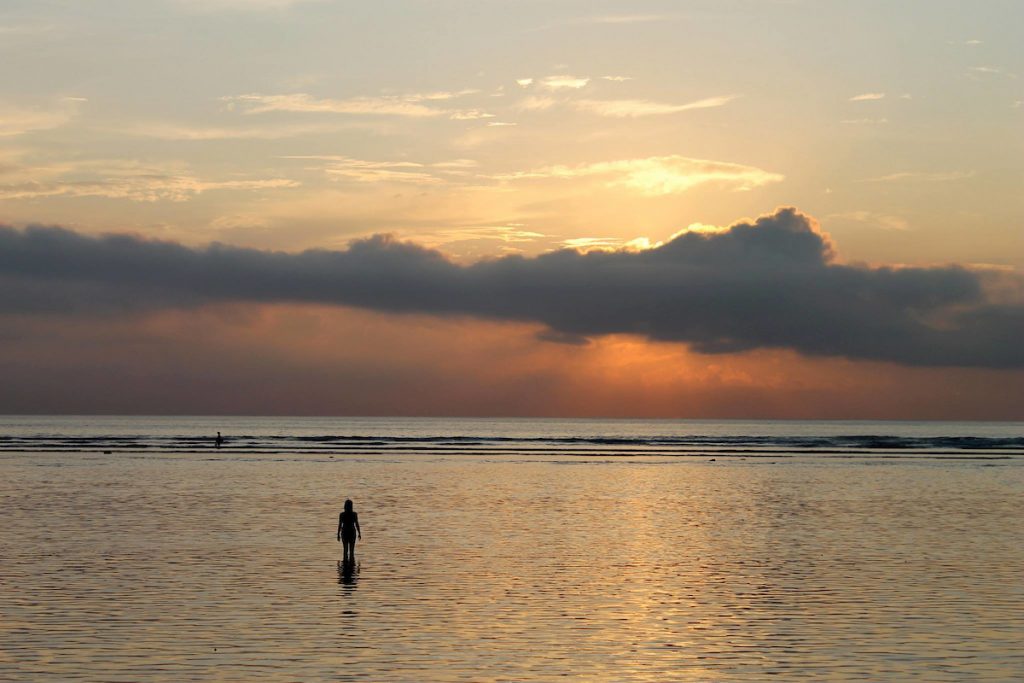Why study abroad in Samoa?
SIT program examines social and environmental change in Oceania
May 4th, 2022
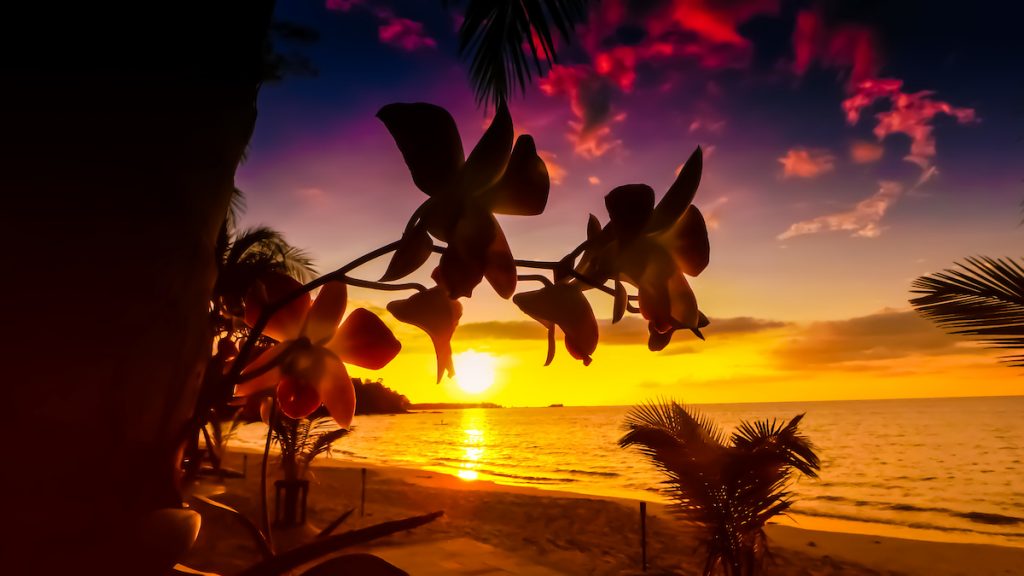
Why study abroad in Samoa? The answers seem obvious: breathtaking scenery; welcoming people; compelling subject matter. Still, we decided to delve a little deeper into SIT Samoa: Social and Environmental Change in Oceania. (The fall 2022 program is enrolling now!)
"Everything was fun," says 2020 program alumna Romily Coles. "Every day we learned new things, saw new things, ate good food. I loved our hands-on learning as well as our field trips to churches, fresh water caves, restaurants."
"The entire experience was filled with unexpected adventures, which was what made it so life-changing," says another alumna, Kalamakaleimahoehoe Porter, who participated in 2019.
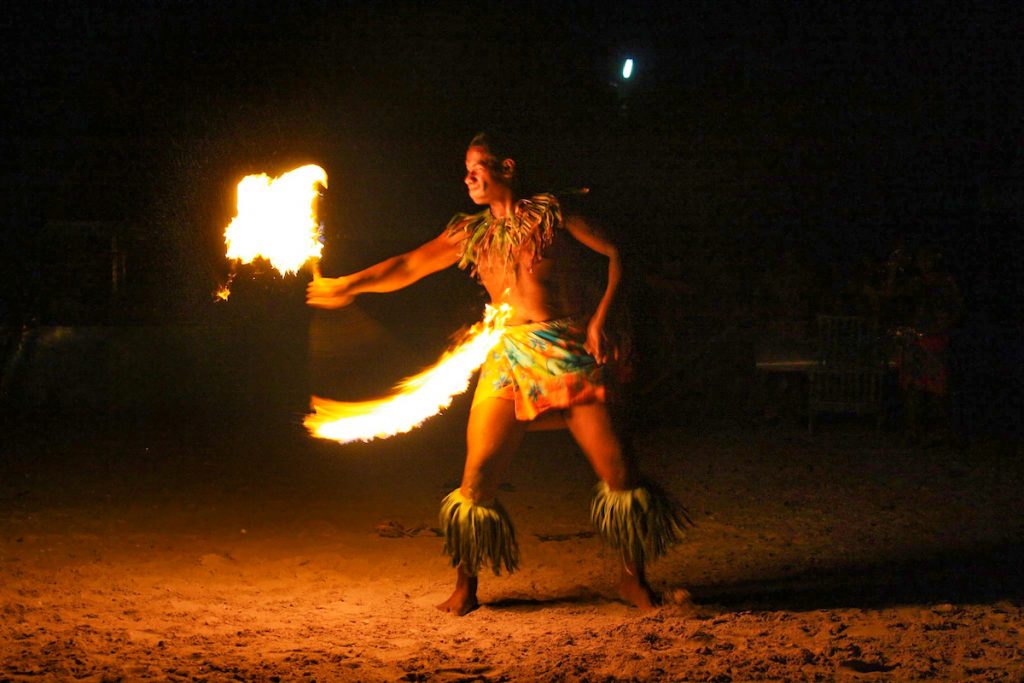
"SIT Samoa is the place to go to explore stunning natural beauty and a vibrant, unique culture while building research skills and most importantly building community," says Kalamakaleimahoehoe. "If you are not a 'people person' this may not be the country or the program for you, but I loved being a part of such a supportive environment that allowed me to literally dive into my ocean-based research while enjoying a genuine, relaxing evening when I got home!"
Students on the program live with families and learn from local communities. Program staff describe the homestay families as "caring, loving people who welcome students into their homes and look after them as though they are their own children."
Romily says some of her favorite memories are time spent in Amaile, a village on the eastern coast of ‘Upolu. "I think it was just so humbling to be welcomed into someone’s home in the way that we all were," she says.
SIT Samoa starts with a week-long orientation in Hawai‘i that includes meetings with members of Hawai‘i’s indigenous community and Samoans of the diaspora.
Once in Samoa, students visit the volcanic island of Savai‘I to see sea arches, blow holes, and lava flows of the South Pacific. There is also an excursion to Fiji, a culturally and religiously diverse society, to witness how Oceania’s diverse communities are supported by the environment but impacted by development, tourism, and climate change.
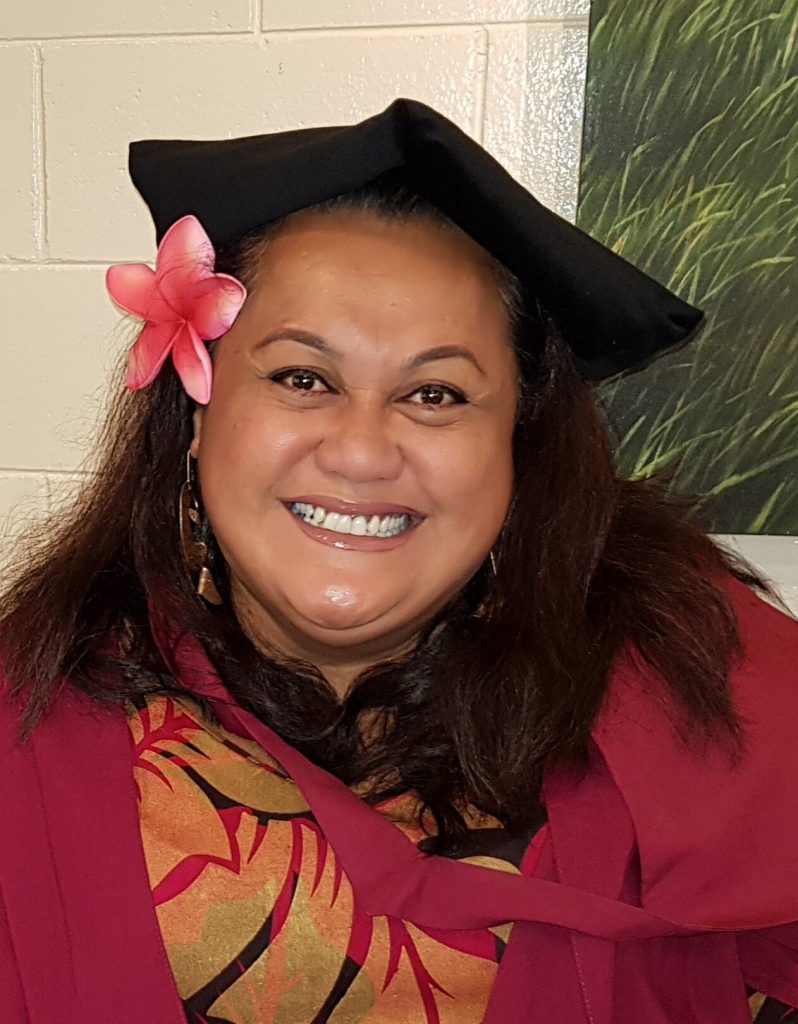
"Our program investigates the impact of colonial and modern forces of change on Pacific communities through indigenous and western academic lenses, and critiques the impacts these have had on the region with reference to globalization, development, and the environment," says SIT Academic Director Dr. Fetaomi Tapu-Qiliho ("Dr. Taomi" to her students.) "We hear local narratives and voices tell stories of resilience in the face of change."
For Romily, Dr. Taomi herself was a high point of the program. "Being profound, in charge, humble, powerful, witty, comforting, reliable, and seemingly capable of anything, she not only was a true example of a Samoan woman, but someone I still quote to this day. I cannot imagine the Samoa program without her. "
SIT Study Abroad programs are multidisciplinary, but Dr. Tapu-Quiliho says this one is especially relevant for majors in development, social sciences, history, sociology, and some STEM fields.
"The fact that it was a program focused on climate issues and also located in a part of the world that I have always found interesting made it an easy choice," says Romily. "Also, most Oceanic culture, history, perspective, and ideology is not ever mentioned in western classrooms, so this was a great opportunity to learn more."
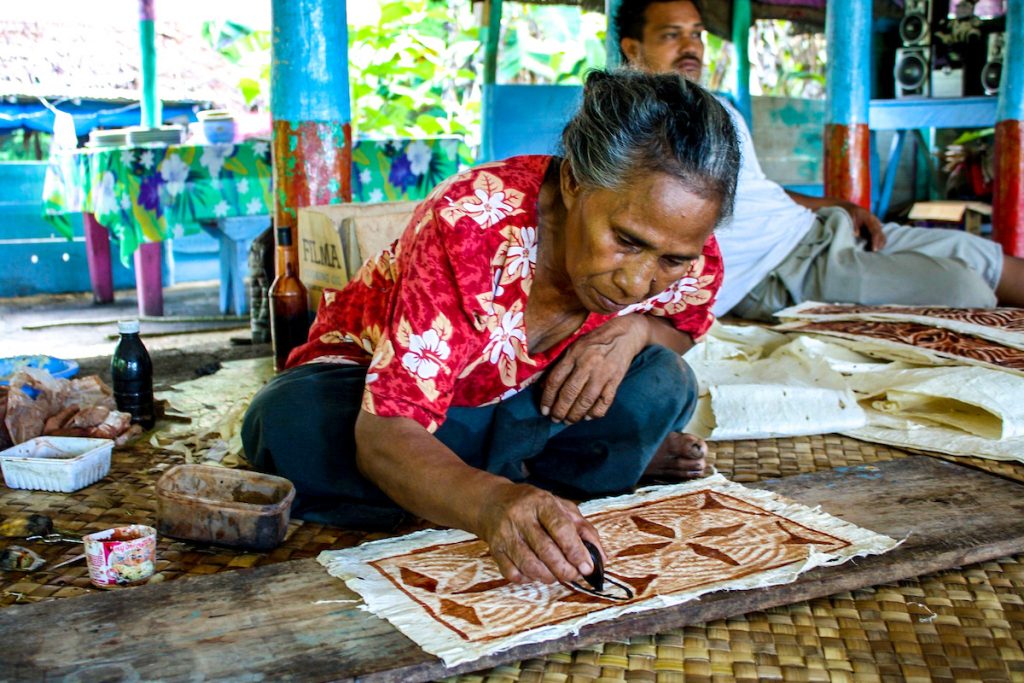
and other Pacific islands.
... most Oceanic culture, history, perspective, and ideology is not ever mentioned in western classrooms ...
Kalamakaleimahoehoe says her experience "simultaneously made me realize that I do, in fact, love environmental work and research, but at the same showed that I am a person with diverse interests. I am still working on shaping these interests into a career, but I will say that I have already put my research skills to use in my first job."
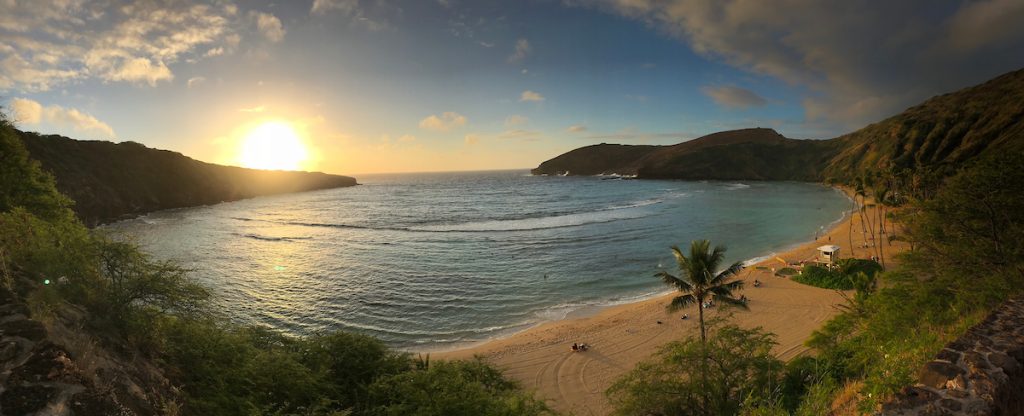
The way classroom discussion was held, questions answered, holistic points of view noted on everything, it was hard to go back to western academia.
Says Romily, "The experience as a whole changed how I felt I needed to move in this world to make things happen. However, after being educated in the Pacific for a semester I decided if I ever went back to get my masters or my PhD, I wanted to be taught by people from Oceania. The way classroom discussion was held, questions answered, holistic points of view noted on everything, it was hard to go back to western academia. So much knowledge I feel was gained from this program and the educators that were part of it."
